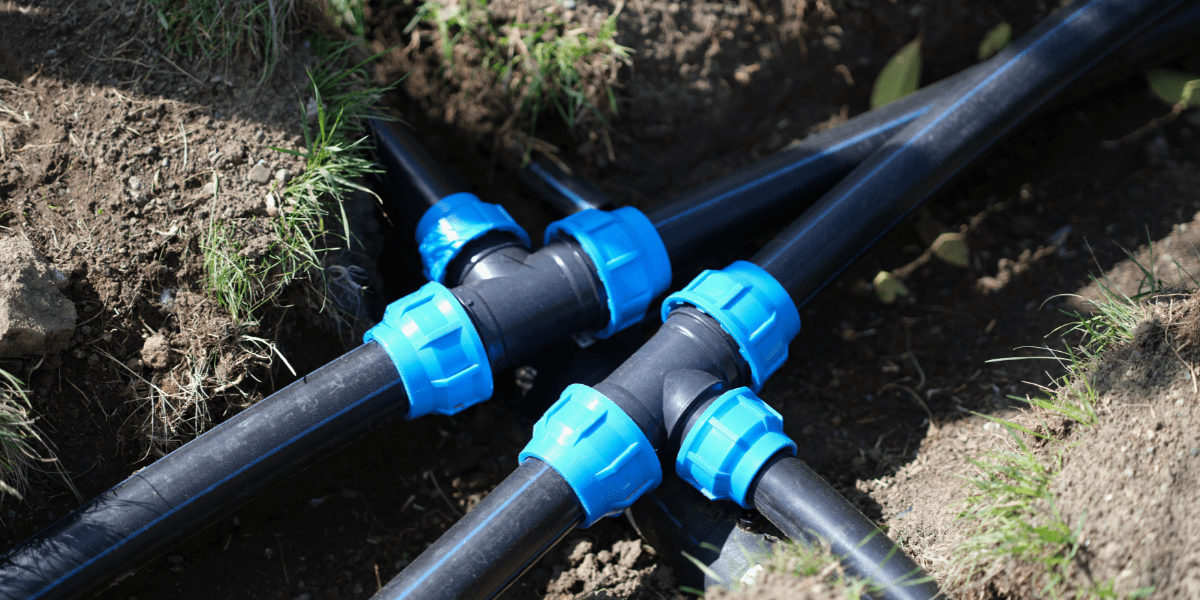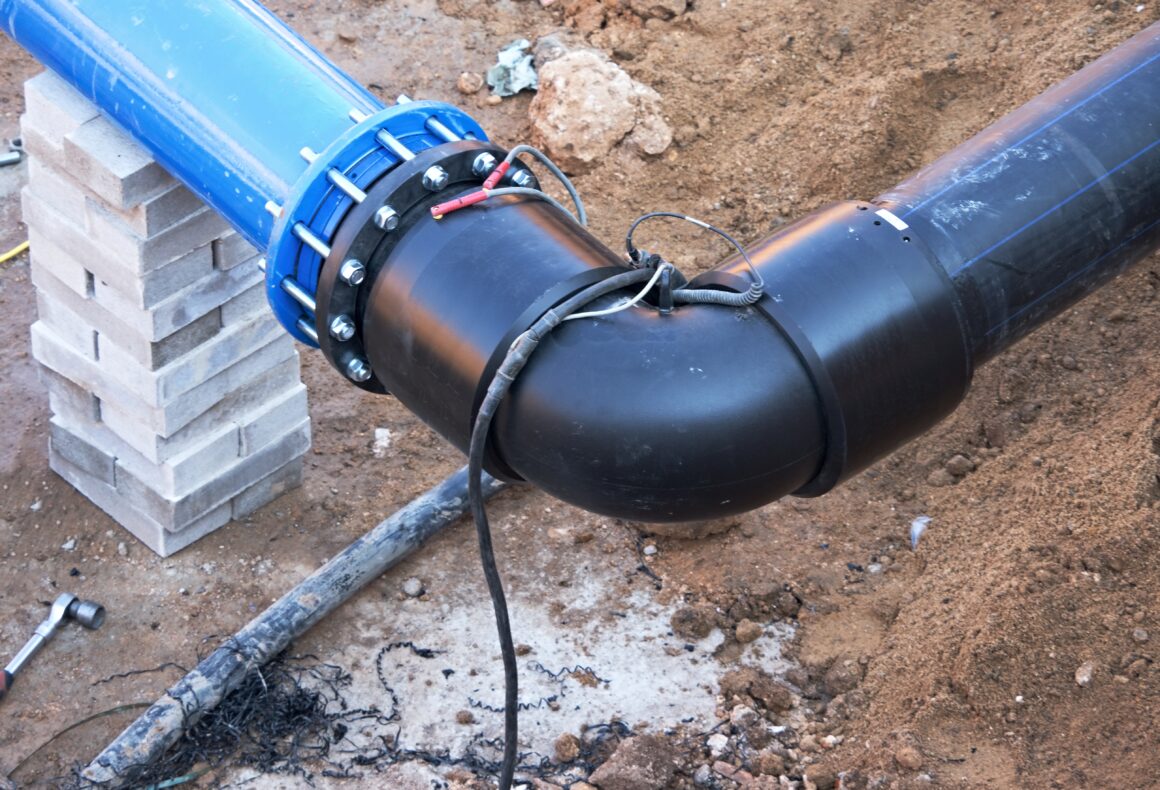Introduction:
Similarly to standard piping materials, these pipes hold several key benefits. They are very light, which makes them more convenient to transport and install and provides excellent resistance to a wide variety of aggressive chemicals.
In this blog, we will closely examine the applications and benefits of high-density HDPE pipes and explain why HDPE pipes have become a first choice in the industry.
Benefits of High-Density HDPE Pipes in Construction
It is polyethylene of high density (HDPE). HDPE pipes are manufactured using a process called extrusion, in which HDPE material is heated to a semi-molten state and extruded through a die to create a tube.
1. Easy installation and handling
HDPE pipes are relatively lighter and very easy to handle and install, which is why they are preferred in various infrastructure projects. Being lightweight, these pipes are easier to transport and place into position and generally require less heavy lifting equipment than metal or concrete.

Not only does this reduce the labor intensity of the installation, but it also saves on fuel usage and operability, which leads to a more eco-friendly installation process. Furthermore, their versatility enables them to be installed easily in areas where inflexible piping systems would face challenges.
2. Core of sustainable development
With both of these factors in mind, HDPE pipes are able to follow sustainable and environmentally friendly building codes. And the pipes are recyclable, reducing environmental impact.
Moreover, its leak-proof design reduces water wastage for the overall sustainability of the construction project. The use of HDPE piping is a move towards greener, sustainable infrastructure development.
3. Cost-effectiveness
Cost is a major consideration, perhaps the most important—in budget-sensitive projects when selecting the piping material. In the long run, HDPE pipes can save costs during their life cycle.

High longevity and low maintenance required paired with low shipping costs due to their small weight. When people consider the lifetime costs, they realize that HDPE pipes deliver a great return on the investment.
HDPE pipe manufacturers in Gujarat, there is less assembly and thus less opportunity for leaks with the piping systems, as the piping can be fused together. This combination produces joint systems that are as strong as the pipe itself, which negates the necessity for supplementary fittings and ensures a simple assembly process.
4. Durability and longevity
The most prominent thing about HDPE pipes is their incredible durability. Constructed from high-density polyethylene, these pipes resist impact, corrosion, and chemical leaching far better than traditional materials like steel or concrete. HDPE pipes, for example, which require very little maintenance and can last over 50 years.
Read More: Which is better CPVC or HDPE?
The smooth internal surface of the pipes reduces friction losses, improving flow performance and reducing energy costs. In addition, HDPE pipes are not susceptible to any environmental stressors. They also are great in extreme temperatures and are not as prone to becoming brittle as other materials over time.
5. Resilience in harsh environments
HDPE pipe manufacturers in Gujarat are designed to endure harsh environmental conditions. Whether fighting against extreme temperatures or corrosive substances, these pipes display unmatched strength. This makes them ideal for constructing projects in various climates, ensuring that the infrastructure is strong and will last over time.
6. Resistance to various elements
One of the most important benefits of high-density mdpe pipe manufacturers is that they do not corrode and have excellent chemical resistance; for example, HDPE piping resists many common industrial chemicals such as acids, bases, and solvents.
This is another reason why they last for a long time, as well as when they are often the first choice to be used in chemical processing plants, where they are often used in lousy environments. HDPE pipes are also resistant to UV radiation, so they remain intact under sunlight.
HDPE pipe doesn't degrade over time from UV exposure like some other materials do, so these pipes can be used in outdoor applications without additional protective coatings.
7. Flexible
With its high flexibility, HDPE pipes make us comfortable in installation and handling during construction. Pipes can also easily be bent and curved around.

8. Versatility in applications
HDPE pipes have wide-ranging applicability across industries owing to their versatility. Water valves are often used in water supply systems, waste management, gas distribution, and agricultural irrigation. They can be customized according to project needs, bio-agriculture in rural or urban infrastructure projects.
In addition, HDPE pipes are available in a broad range of diameters and colors, meeting particular regulatory and safety needs. This flexibility is important to comply while serving different needs in different environments.
Conclusion
Construction industry, meet revolution in the form of HDPE pipe—the chameleon, the invincible, and the eco-friend. Benefits of High-Density HDPE Pipes are varied, and their advantages are many, from pipelines to underground utilities to geotechnical applications.
By adopting HDPE plumbing, construction projects across various sectors can be enhanced to deliver reliable and effective infrastructure while contributing to a more sustainable, cost-effective future for the construction industry. The reason for this strength is its high flexural and impact strength.Also Read About What Fittings are Used for HDPE Pipe?